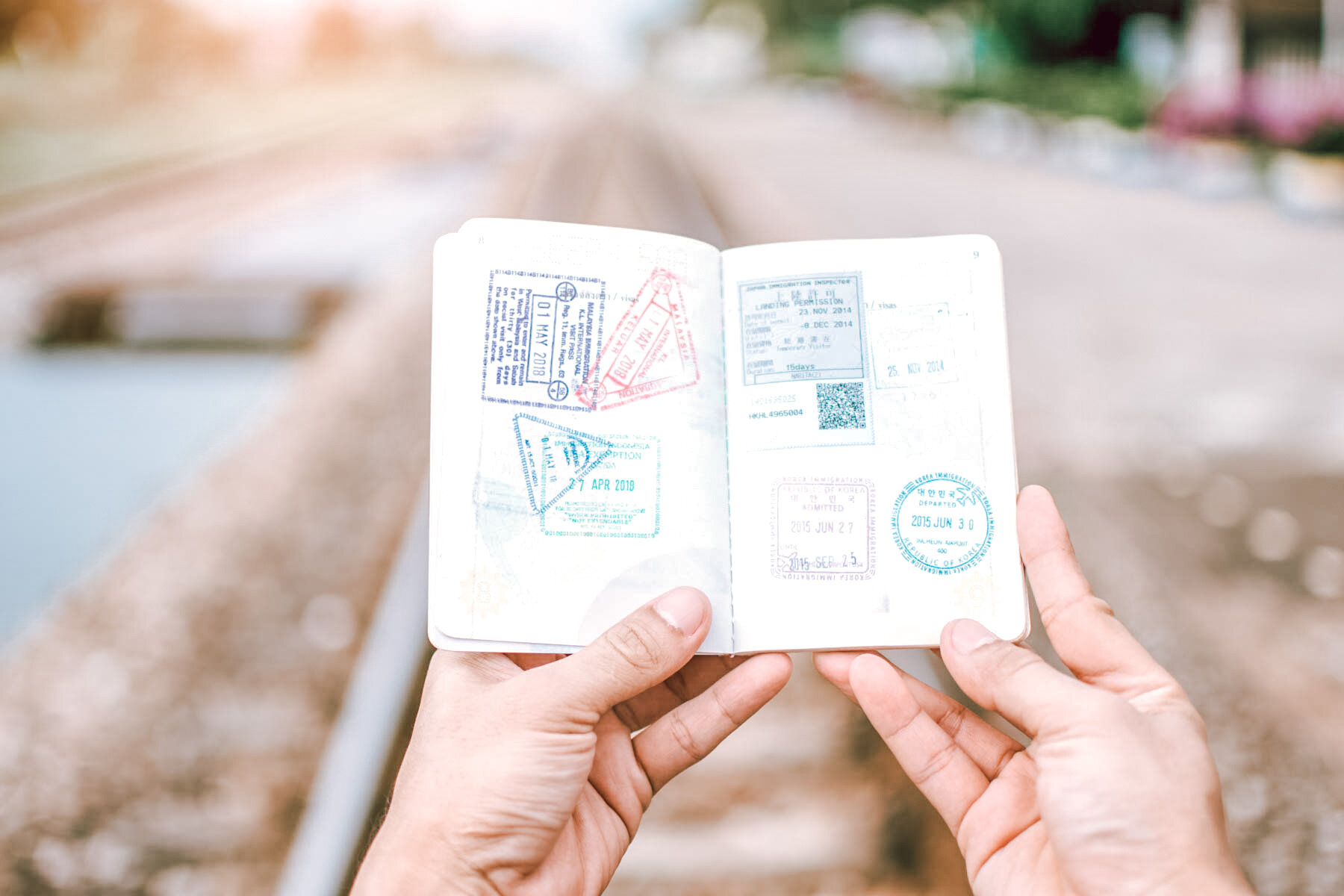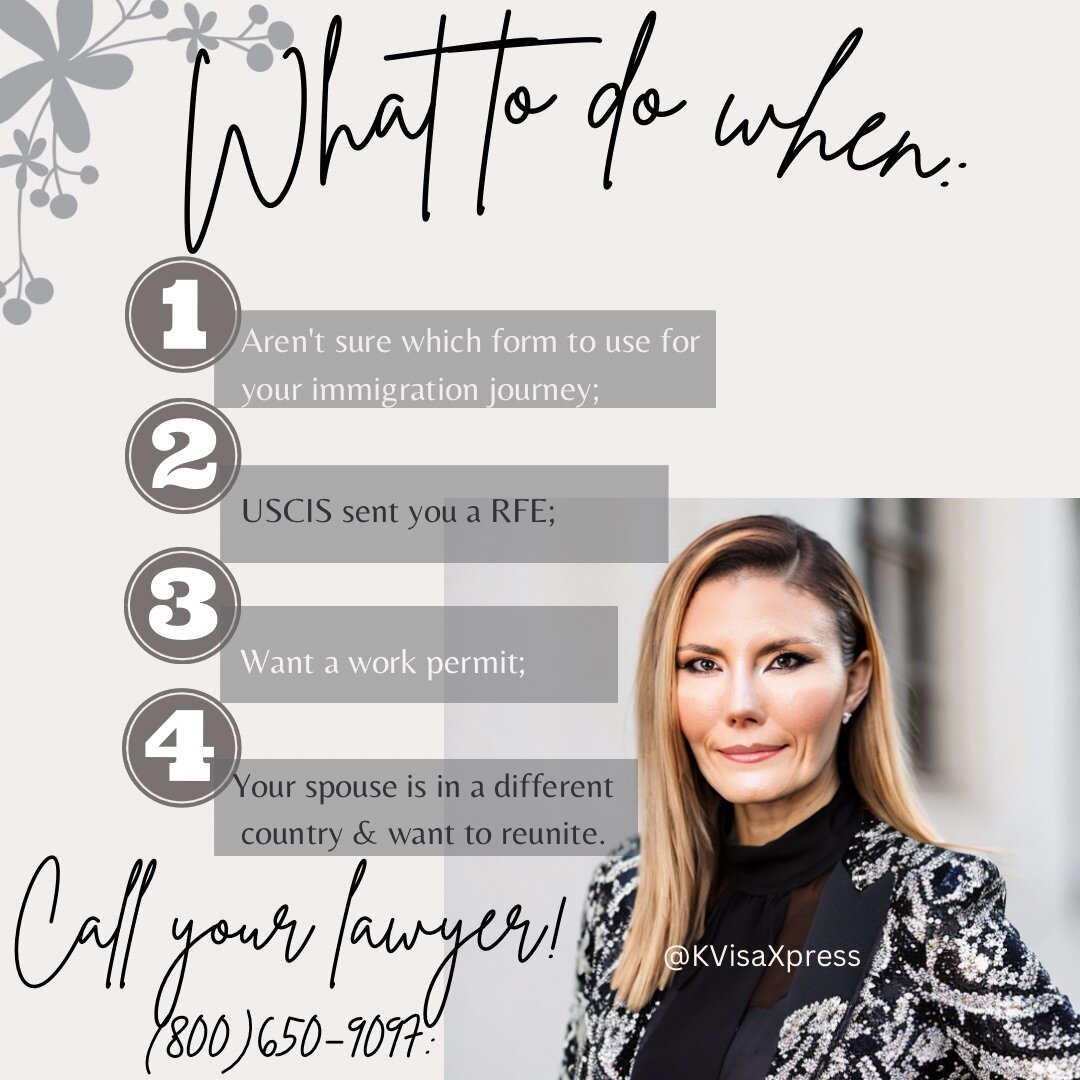April 14, 2023
Understanding the National Visa Center and Consular Processing for Immigrant Visas

For individuals seeking to immigrate to the United States, the process can be complex and involve multiple government agencies. One crucial step in the immigration process is the role of the National Visa Center (NVC) and consular processing for immigrant visas. In this blog post, we will provide an overview of the NVC and consular processing, their roles in the immigration process, and what applicants need to know.
What is the National Visa Center (NVC)? The National Visa Center (NVC) is a government agency that plays a vital role in the immigration process for family-sponsored and employment-based immigrant visas. It serves as an intermediary between the United States Citizenship and Immigration Services (USCIS) and the U.S. Department of State’s consular offices located in foreign countries. The NVC’s main responsibility is to collect, process, and review the required documents and fees from applicants before forwarding the case to the appropriate U.S. consulate or embassy for consular processing.
What is Consular Processing? Consular processing is the process by which immigrants who are outside the United States apply for an immigrant visa at a U.S. consulate or embassy in their home country or country of residence. The consular officer reviews the immigrant visa application, conducts an interview, and makes a decision on whether to issue the visa. If the visa is approved, the applicant can then travel to the United States assuming travel is arranged.
How Does the NVC and Consular Processing Work Together? The NVC acts as an intermediary between USCIS and the U.S. consulates or embassies, and it has several important responsibilities in the consular processing stage of the immigrant visa application process. Here is an overview of the typical process:
- Immigrant Visa Petition Approval: Before an applicant can begin consular processing, their immigrant visa petition must be approved by USCIS. Once the petition is approved, USCIS sends the case to the NVC.
- Document Collection and Review: The NVC collects and reviews the required documents and fees from the applicant, including the affidavit of support, civil documents such as birth certificates and marriage certificates, and police clearance certificates. The NVC ensures that all the necessary documents are complete and accurate before forwarding the case to the appropriate U.S. consulate or embassy.
- Fee Payment and Form DS-260: The NVC requires the applicant to pay the immigrant visa fees and submit Form DS-260, the Online Immigrant Visa Application. This form collects information about the applicant’s biographic and background information.
- Case Forwarded to Consulate: Once all the required documents and fees are submitted and reviewed by the NVC, the case is forwarded to the U.S. consulate or embassy in the applicant’s home country or country of residence. The consular officer then reviews the case, conducts an interview with the applicant, and makes a decision on whether to issue the immigrant visa.
- Visa Issuance and Travel to the United States: If the consular officer approves the immigrant visa, the applicant will receive the visa in their passport. They can then travel to the United States and be admitted as a permanent resident.
What Applicants Need to Know about NVC and Consular Processing As an applicant going through consular processing, it’s essential to be aware of the following key points:
- Timelines: The NVC and consular processing can take time, and the timelines can vary depending on various factors, such as the type of visa, the complexity of the case, and the workload of the consular office. It’s important to be patient and prepared for potential delays.
- Document Accuracy: The NVC and consular officer will review the submitted documents and often times the applicant will be required to bring certain items/documents to their interview at the U.S. consulate/embassy.
In closing, the NVC plays a critical role that is often overlooked and poorly understood. The key takeaway is this: if you are outside the United States and applying for a visa or green card, you apply with the USCIS first, and NVC then forwards your approval to the U.S. consulate/embassy.

Fast, reliable immigration insights from a U.S. Immigration Lawyer
Buckle Up!
Visa Xpressway
We welcome your
Questions!
get in touch!
At KVX it is our mission to help as many people reunite with loved ones as possible. Send us a question!